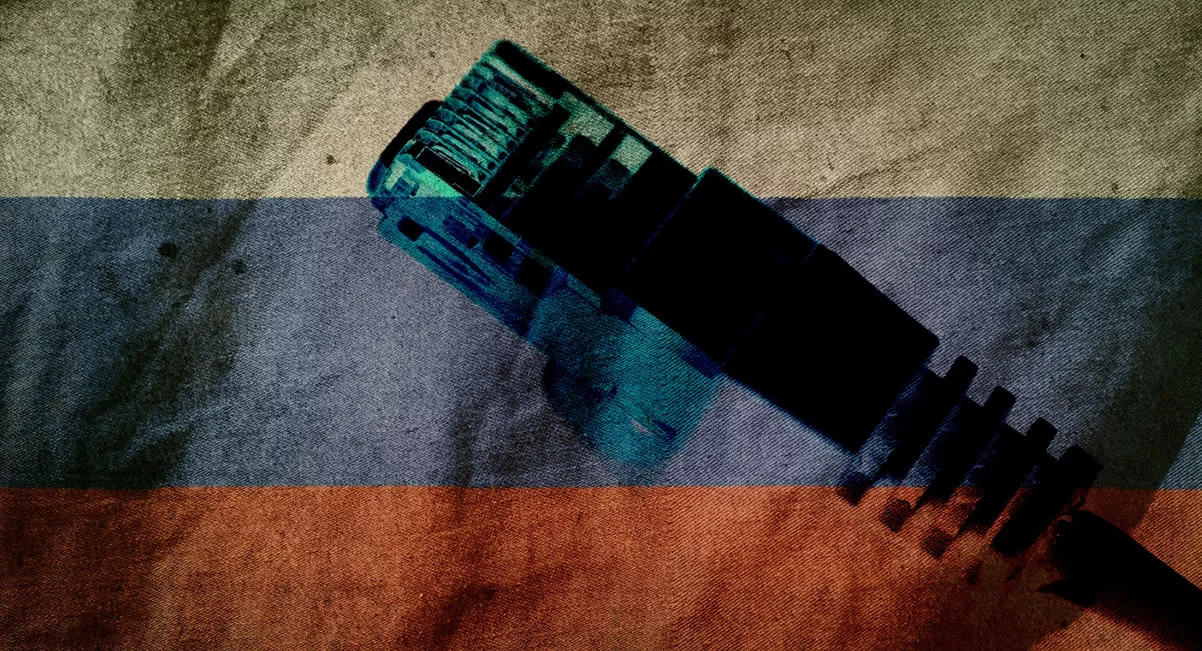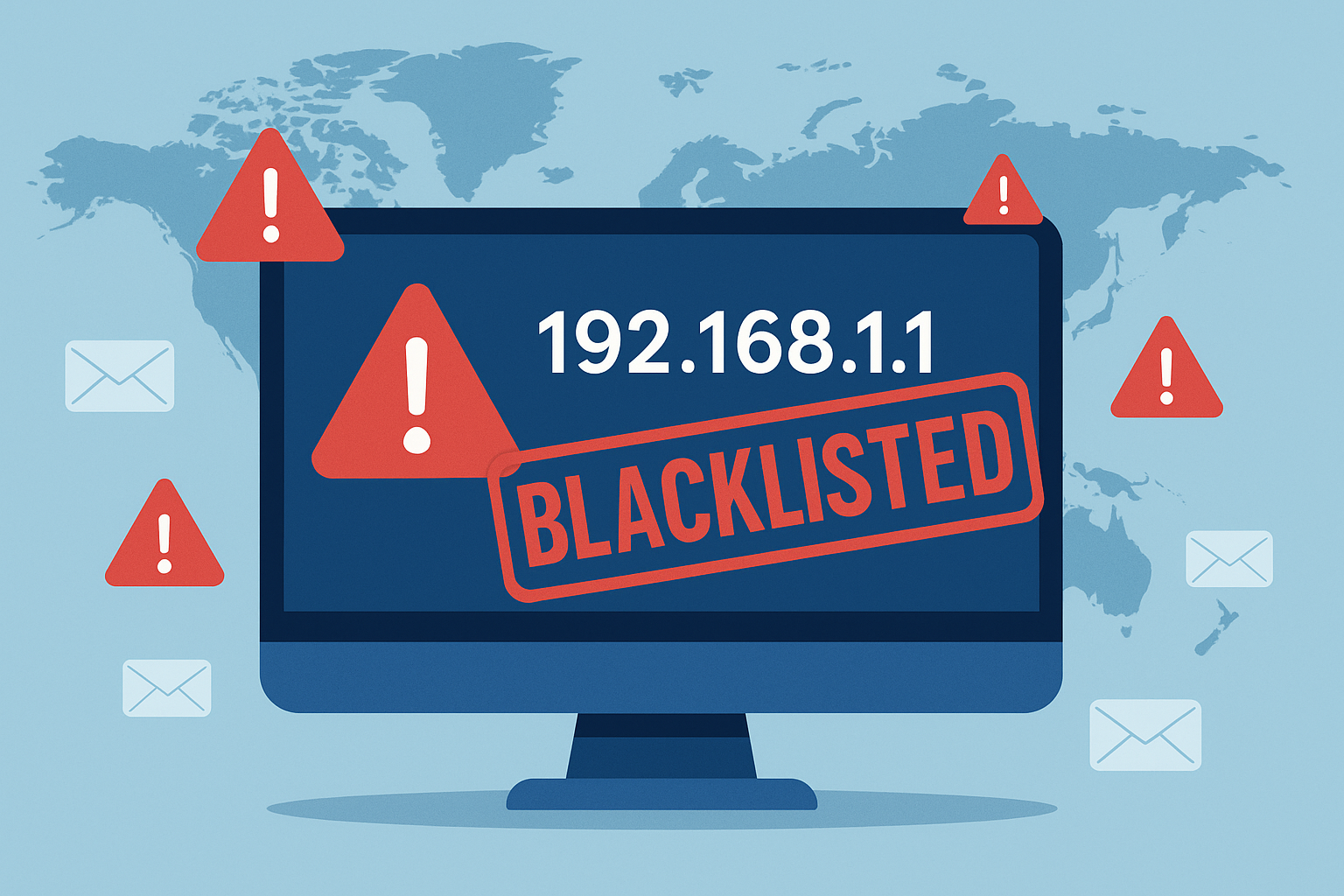A circular addressed by the Russian Ministry of Statistics to all federal and regional authorities of the Russian Federation to take a series of measures related to web infrastructure is interpreted by many as a first step to prepare the country for a number of future scenarios including the eventual disconnection from the global Internet, a measure recently requested by Ukraine to ICANN.
#Russia began active preparations for disconnection from the global Internet
— NEXTA (@nexta_tv) March 6, 2022
No later than March 11, all servers and domains must be transferred to the #Russian zone. In addition, detailed data on the network infrastructure of the sites is being collected. pic.twitter.com/wOCdRqOJej
In addition, it is specified that state websites must stop using resources located on foreign servers (from banners and counters to JavaScript code, which excludes the use of tools such as Google Analytics).
In a context where Russia is not only threatened by ICANN's decision on the Ukrainian request, but is also being affected by the veto of Russian users of popular Western private online service companies (such as domain and web hosting provider Namecheap), the Russian goal is to stop relying on the outside world to provide access to its web services within its borders.
It may seem strange to mention something as specific as JavaScript code running on the client side, but its selective replacement on foreign home servers (both by enemy governments and by cybercriminals) could facilitate hacking of computers of Russian users visiting such websites.




